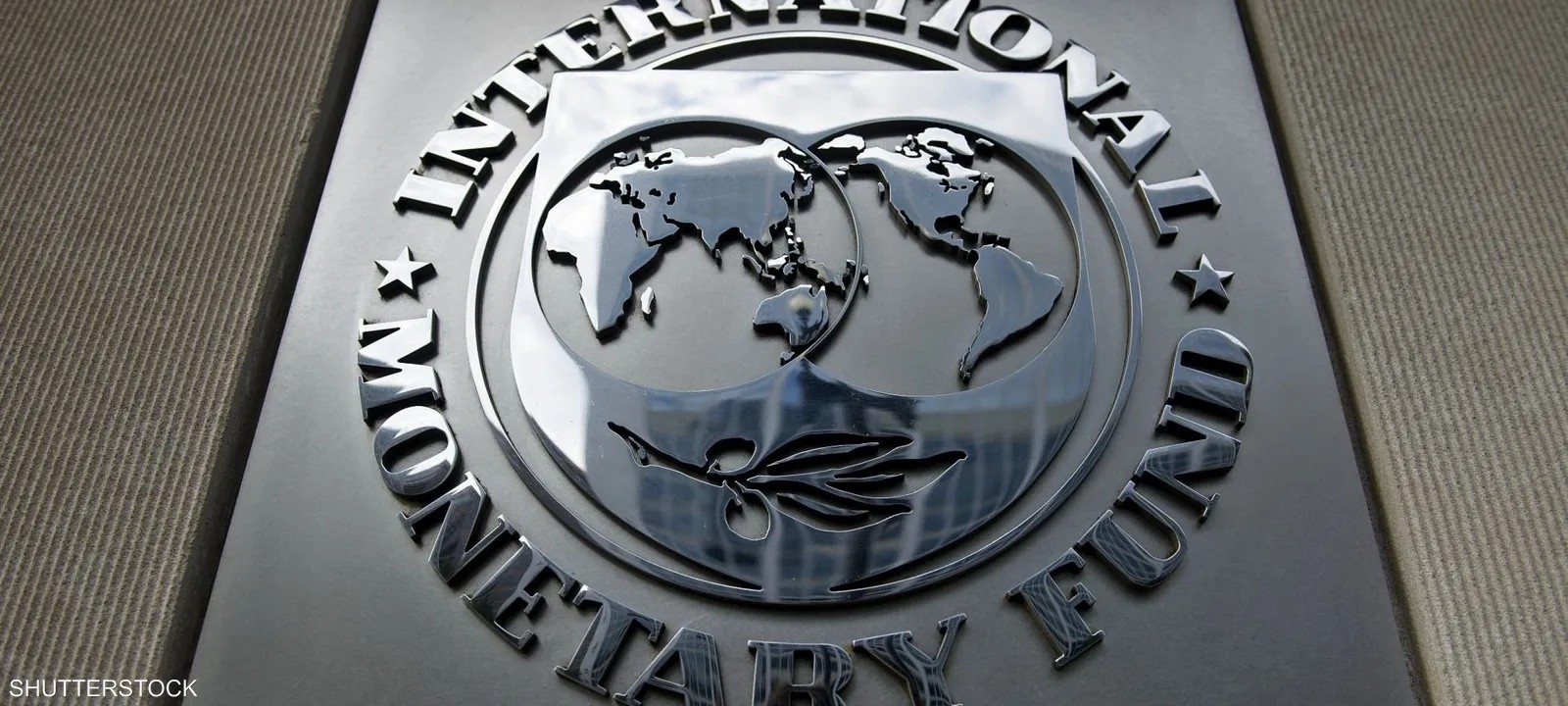Fed prepares to announce interest rate decision amid strained relationship with Trump
US President-elect Donald Trump will never forget November 2, 2017, when he nominated Powell to replace Janet Yellen as Federal Reserve Chair.
But Trump, during and after his term, has been highly critical of Powell. For example, last August, he said that Powell was a little late in making some decisions, and a little early at other times.
Exactly two days ago, the world's eyes were on the United States to monitor the results of the presidential election. With the race over and Donald Trump winning, those eyes are back on Washington today, but this time through the Federal Reserve.
The Federal Reserve is holding a meeting today to determine the path of interest rates, and whether it will continue the easing policy, or pause, especially with Trump's return to the White House, and the latest economic data.
Experts who spoke to Asharq Al-Awsat believe that the Fed will continue to cut interest rates, and they agreed that it will be
Around 25 basis points. But the disagreement became clear over the future of these cuts, especially with the entry of a new factor into the equation, which is Trump and his economic policies.
Weak employment boosts chances of US rate cut
A weak October jobs report has boosted the chances that Federal Reserve officials will cut interest rates by a quarter-point at their meeting, increasing the chances of further lowering borrowing costs.
Nonfarm payrolls rose by just 12,000 in October, but the numbers were likely affected by two hurricanes and a major strike at Boeing, according to the Bureau of Labor Statistics.
Employment in August and September was also weaker than previously estimated, while the US unemployment rate held steady at 4.1%.
The Federal Reserve and its counterparts are preparing to continue cutting interest rates.
The Federal Reserve and several central banks in rich economies are widely expected to cut interest rates again this week, in the immediate aftermath of the U.S. presidential election.
Central banks responsible for more than a third of the global economy will set borrowing costs in the wake of the US election, relying on whatever clues they can to determine the likely path of US policy over the next four years.
Trump's win casts doubt on Fed's next move
Donald Trump's victory in the US presidential election on Tuesday has raised serious doubts about the US economy's prospects and the potential impact of that victory on Federal Reserve policies in the coming months. It also raises new questions about the extent of pressure Trump might exert on the central bank during his second term in the White House.
During his campaign, Trump promised to impose tough tariffs on U.S. trading partners, deport millions of illegal immigrants, and expand the tax cuts he passed in 2017. Many estimates show that these policies, if implemented, could raise prices and wages and deepen the federal deficit, which could hamper the Fed’s mission.






































